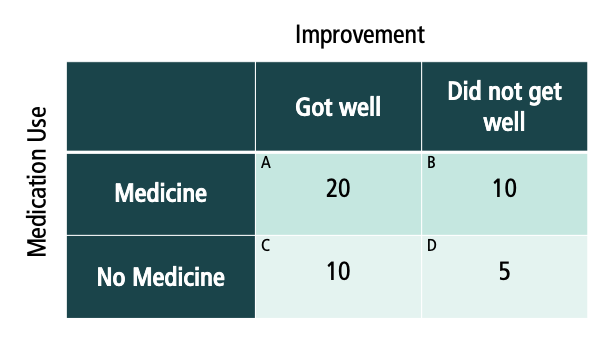Koerber, S., & Osterhaus, C. (2020). Some but not all aspects of (advanced) Theory of Mind predict loneliness. British Journal of Developmental Psychology, 38, 144–148. doi:10.1111/bjdp.12302
Children’s (advanced) theory of mind (AToM) has been related to numerous real-worldsocial consequences, including regarding their feelings of loneliness. A recent study hasshown that AToM does not rely on a single underlying ability, instead involving threedistinct factors: social reasoning, reasoning about ambiguity, and recognizing transgres-sions of social norms. The present study of 229 5- to 8-year-olds investigated whether andhow these three aspects of AToM cognition are related to children’s feelings of lonelinesswhile controlling for the influence of self-esteem. Our results show that social reasoning isthe only AToM factor that is related to children’s loneliness, and it is independent fromchildren’s self-esteem. Our findings have consequences for the conceptualization ofAToM and our understanding of children’s feelings of loneliness and their ability to form friendships.



